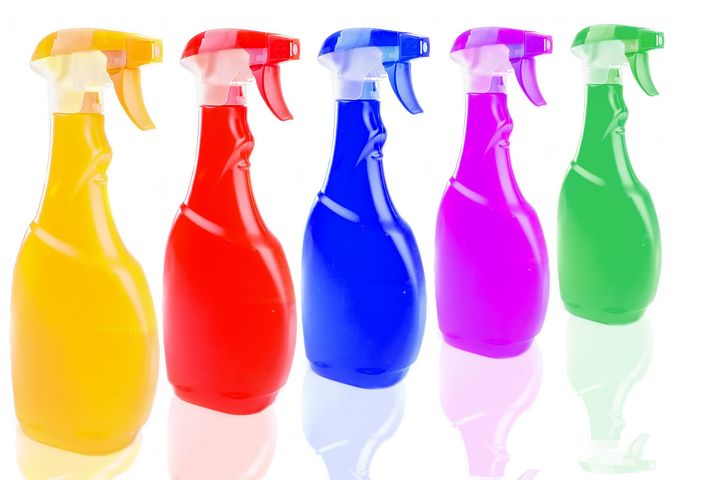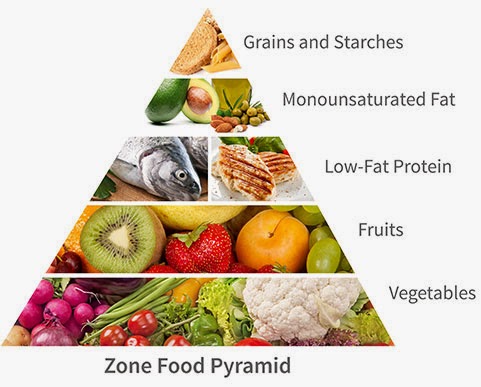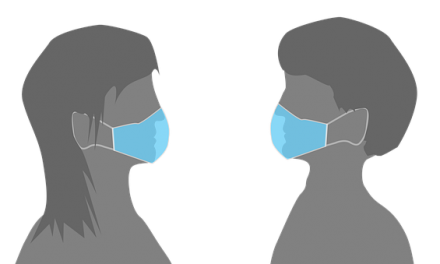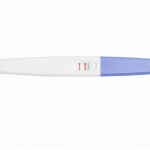Childhood obesity is on the rise around the world, and there is an urgent need to better understand contributors to this growing problem. We know that the bacteria we have in our gut (called the microbiome) modifies the risk of obesity, and we also know that chemicals in our environment can have an impact as well. With this in mind, a Canadian study explored whether household disinfectants change gut bacteria and/or whether these chemicals have an effect on childhood obesity.
The study, published in the Canadian Medical Association Journal, tested associations between survey reporting of cleaning product use and child overweight at age 3, and whether any associations were mediated by the gut bacteria analyzed in stool samples of 757 infants at 3-4 months of age.
They found that more frequent use of household disinfectant was associated with higher risk of overweight in children. They found that the abundance of certain types of gut bacteria (Lachnospiraceae) was higher with more frequent use of disinfectants, and that the higher risk of overweight in children may be partly mediated by the higher abundance of these bacteria.
However, use of eco-friendly cleaning products was associated with a lower risk of overweight or obesity in children, but was not mediated by the gut bacterial differences associated with these eco-friendly agents.
So, this study suggests that use of non-eco friendly household cleaners is associated with a higher risk of obesity in kids, which could be related to the changes in gut bacteria caused by these cleaners, and/or chemicals in these cleaners. We should take this study with a grain of salt however, as factors not evaluated in the study could have contributed to the differences seen (e.g. household income, timing of introduction of solid food, and child diet).
That being said, this study suggests that it may not be such a bad idea to switch to eco-friendly cleaners instead.
Follow me on twitter! @drsuepedersen
www.drsue.ca © 2018












